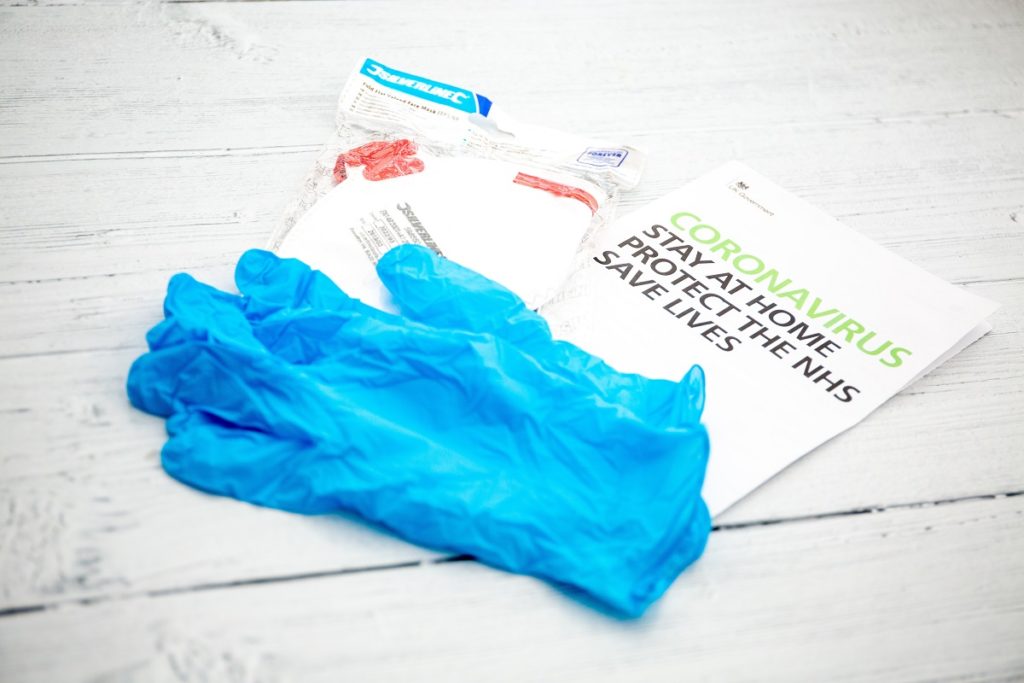The pandemic is still not over. Everywhere around the world, the virus which started in Wuhan, China late last year, is still spreading, infecting, and claiming the lives of thousands every day.
While, in the United States, the economy is back up, it is still not completely safe. You can, however, do some things to ensure that there is little risk of infection in your store and protect your staff.
Cashless Payment
The virus that causes COVID-19 can survive in regular items for up to several hours. Therefore, transactions, where paper money is being exchanged between two or more people, can potentially spread the highly contagious and deadly illness.
Adopt methods that forego the use of cash. Encourage customers to pay digitally for their purchases. You can equip your store with high-risk credit card processing to enable online transactions. This is for services that offer curbside pickups as a new way to shop or are open to deliveries. For in-store transactions, install mobile payment terminals and zero-touch credit card payment terminals.
These methods prevent your cashier from interacting with customers face-to-face and cut the amount of time they spend on the transaction, which further minimizes their risk of contracting the illness.
Plexiglass Counters
Some retailers are also putting up plexiglass walls around the cash registers. SARS-CoV-2, the virus that causes COVID-19, can be transmitted through aerosols. When a person who is sick coughs or sneezes, they release droplets that contain the virus. Normal talking and breathing, too, release aerosols that contain the virus.
A plexiglass wall will not make your staff infallible from the disease, but it will prevent droplets from landing on their faces and their body in case a sick customer walks up and coughs/sneezes. No one knows exactly how much virus one has to be exposed to be infected. However, scientists agree that the bigger the droplet, the more virus it contains. A plexiglass wall prevents those droplets from reaching the staff manning the cash register.
Some stores also provide face shields for their staff to wear during working hours.
Promote Healthy Practices
One important way to prevent infection is through frequent handwashing or use of sanitizers. The virus also enters through the eyes, nose, and mouth. If a person touches a contaminated object and then touches their face, the potential for infection significantly increases.
Washing your hands with soap and water kills the virus in an instant. Sanitizers, too, are effective against SARS-CoV-2 and other illness-causing pathogens. Provide your staff with handwashing breaks or instruct them to use sanitizers every after transactions.
Limit Customers
Authorities warn that there should be at least two meters of space between two or more people to minimize the risk of infection. Big droplets from sneezing, coughing, and talking tends to drop out of the air immediately because of their mass. Smaller droplets, however, can travel farther and stay longer in the air.
When there are too many people in one space, physical distancing is not possible. Limit the number of people coming into your store. Let the others wait outdoors until there is space for them to enter. Some stores accept by-appointment visits to limit the number of customers indoors.
Require Mask-Wearing

Wearing a mask has been proven repeatedly to decrease the risk of COVID-19. Masks absorb droplets as soon as they are ejected by the wearer. This prevents others from inhaling potentially virus-laden aerosols. Even cotton homemade masks, although less effective than N95 or medical-grade surgical masks, would significantly cut chances of transmission.
If everyone wears a mask, fewer people will be sick. Then, things can go back to how they are used to.
Retail staff is at higher risk of contracting COVID-19 since they deal with several people throughout the day. It is your responsibility as an employer to provide them with a safe working environment. It would also protect your customers from the highly contagious and deadly disease sweeping through the nation.











